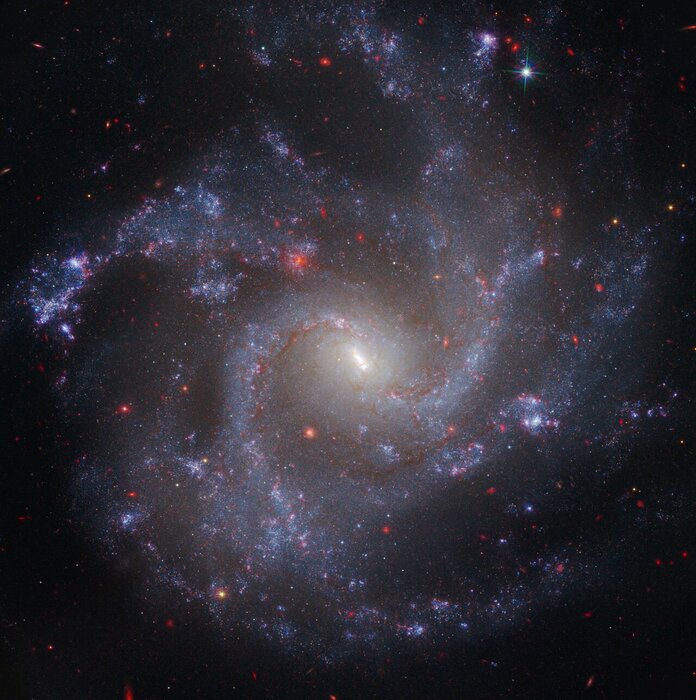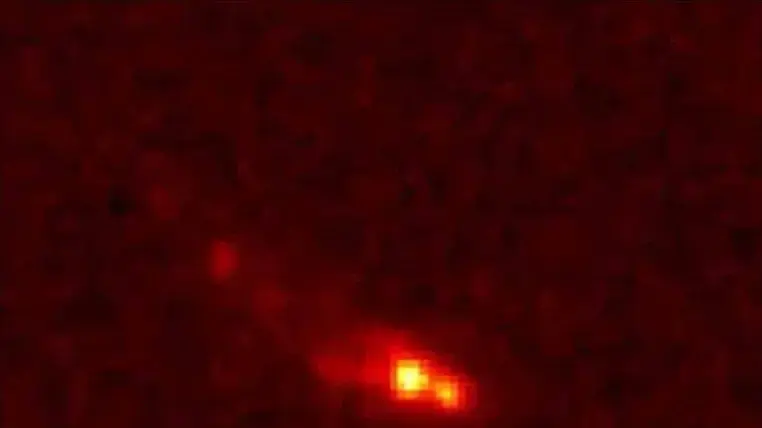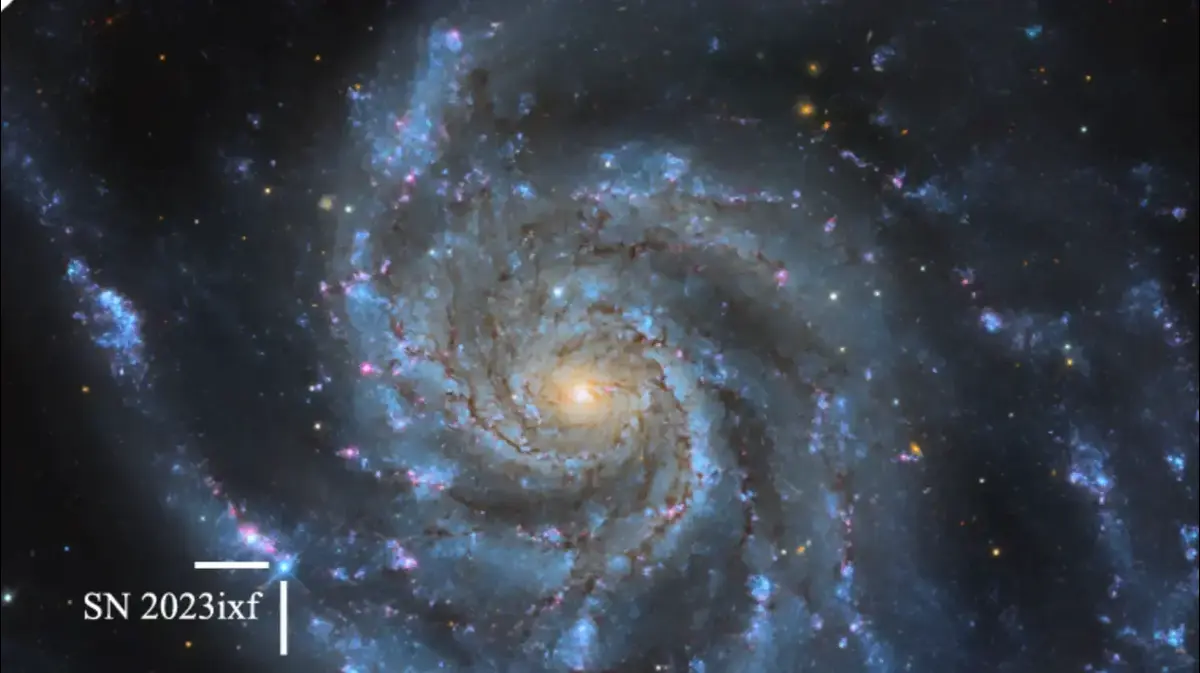Enlarge image
»Hubble« in space (archive image)
Photo: Anonymous / AP
The first good news came on Friday.
The US space agency NASA reported that their experts had taken an important step.
A team led by engineer Nzinga Tull managed to convert a defective system on board the “Hubble” telescope (the “Science Instrument Command & Data Handling System”, SIC & DH for short) to a back-up system.
A part of the original system that was concerned with providing the correct voltage to the telescope had failed about a month earlier.
Since then, the observatory has been traveling around the earth without collecting any scientific data.
Like many satellites and space probes, the observatory, which is more than 30 years old, has replacement hardware on board.
This can be used if problems arise in the systems used by default.
The extreme conditions in space, temperature fluctuations, vacuum, radiation, place high demands on the technology.
It is therefore normal for components to fail again and again.
Change in everyday life simulated on earth for days
Nevertheless, NASA had prepared the switch to the back-up system for a long time and tested it, among other things, in a simulation lasting several days on Earth.
After all, there was a risk that if there was a problem in the course of the changeover, other parts of »Hubble« that had not yet been damaged could be affected.
The news on Friday showed that the changeover had been successful.
»I am proud of the 'Hubble' team, from the current members to the 'Hubble' alumni, who have contributed with their support and expertise.
Thanks to their commitment and their careful work, “Hubble” will continue to build on its 31-year legacy and expand our horizons with his view of the universe, ”praised NASA boss Bill Nelson afterwards.
And that's exactly what is happening now: On Saturday, NASA announced that "Hubble" had resumed scientific operations.
For the first time since the problems occurred on June 13th, data would now be collected again.
The observations made last month would be made up.
"Hubble" is a star of astronomy and has taken more than 1.5 million images of the universe since its launch in 1990.
Researchers submit applications for observation time;
if these are approved by experts, the telescope receives the commands from earth to direct its instruments to the corresponding area of the sky.
When the measurements are complete, the data is then sent to Earth - and »Hubble« heads for the next destination.
The senior will be needed for a long time
Communication takes place via NASA's space network.
This currently consists of eight active satellites (“Tracking and Data Relay Satellites”, or TDRS for short) and is also used for data traffic with the International Space Station.
A facility near White Sands in the state of New Mexico is used as the ground station at "Hubble".
The "James Webb" telescope, a kind of successor to "Hubble", is expected to start in autumn.
However, both telescopes observe space in largely different areas of electromagnetic radiation.
Even if »Webb« is supposed to be significantly more sensitive than »Hubble« in the infrared light range, the old telescope will be used for a long time, especially in visible and UV light.
After the current problems, the senior should hold out as long as possible.
China is planning a comparable telescope
The planned “Chinese Space Station Telescope”, which is expected to start in 2024, can best be compared with “Hubble”.
It is to be placed near the new Chinese space station and, if necessary, also serviced from there.
"Hubble" had been repaired a total of five times by US space shuttles.
Such missions are no longer possible after the end of the space shuttle program.
The astronomer Richard Ellis from University College London was talking to the science magazine "Science" when the news of the successful switch to the "Hubble" backup system arrived.
He then told the reporter: "You have to tell everyone how nervous we all were!" The telescope has always been "a truly global facility."
“Everyone is a friend of Hubble.
It's unique. "
chs







